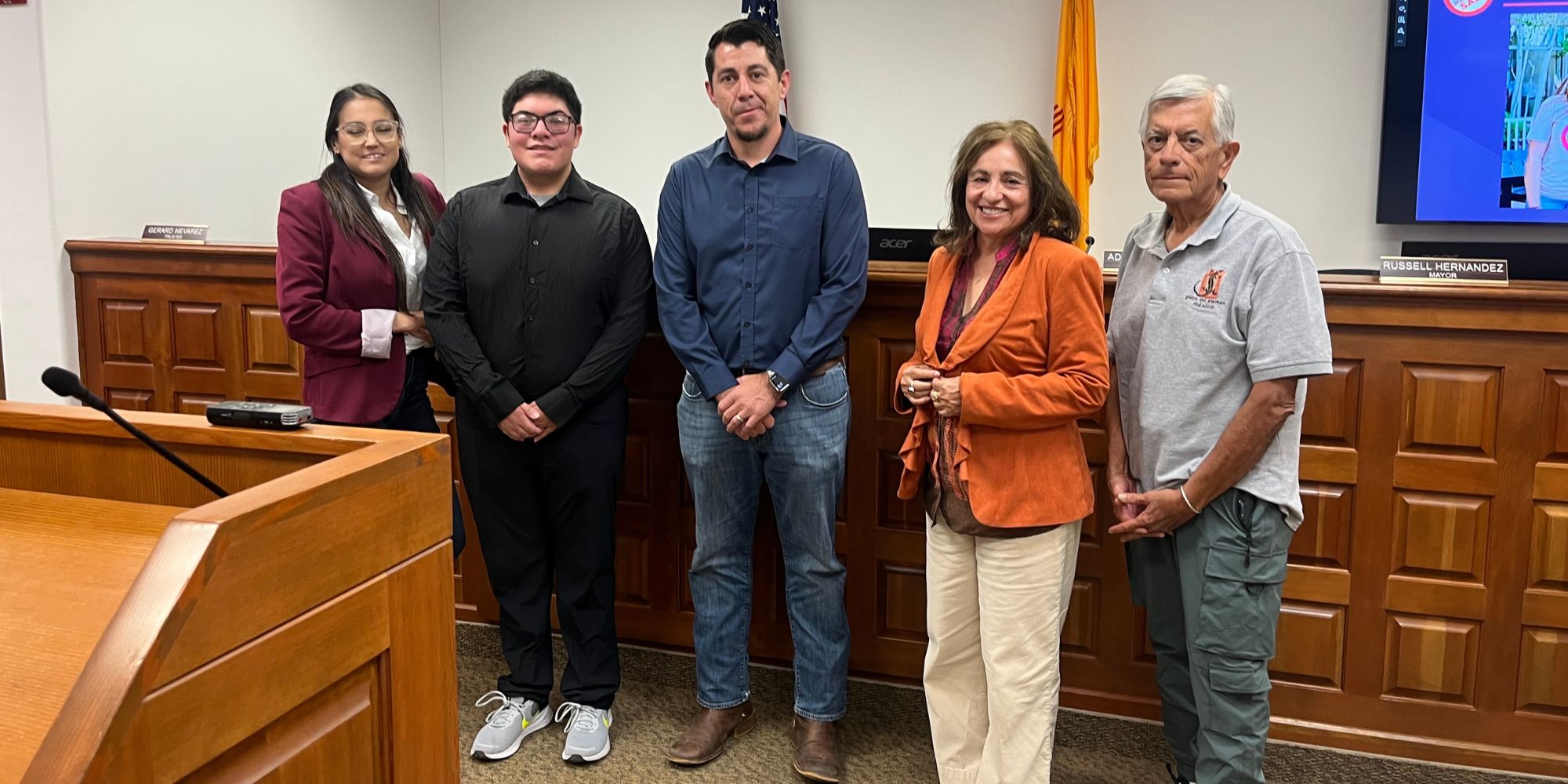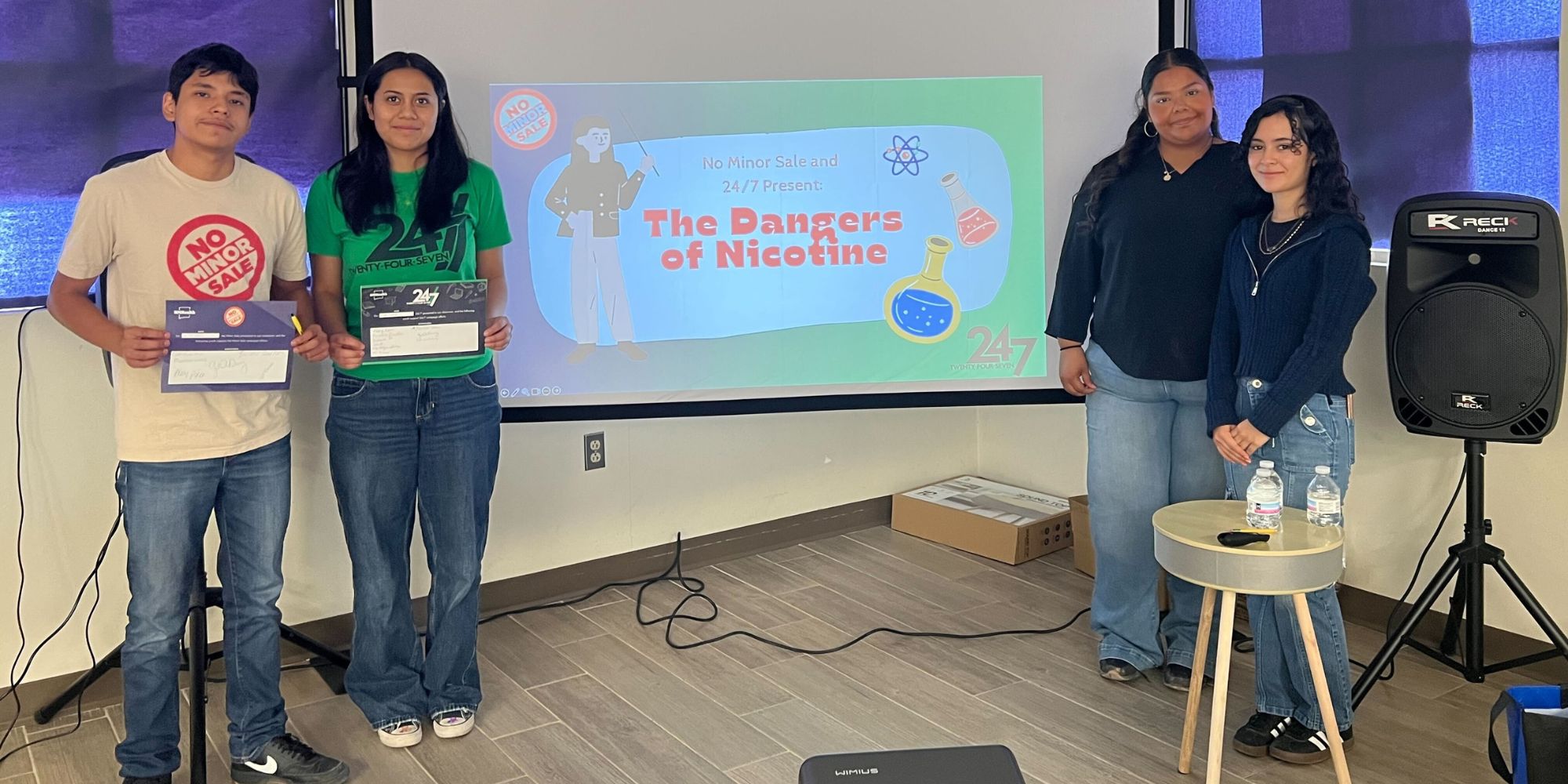
2025 Legislative Session
Each legislative session, No Minor Sale, alongside Evolvement youth advocates and adult volunteers, participates in a Day at the Capitol to educate state legislators about critical issues in nicotine use prevention. Our goal is to reduce the illegal sale of nicotine products to minors, and we believe the most effective way to do this is by advocating for stronger laws that protect youth. Here’s what to watch for this session:
Registry Bills
Registry bills create a state-managed public list for e-cigarette products, requiring manufacturers to submit products for approval to be legally sold, as long as they provide proof of at least a Pre-Market Tobacco Application (PMTA) to the FDA. The product does not need FDA approval, meaning many unapproved products could still enter the market due to the FDA’s backlog.
Pros: Could reduce the sale of illegal nicotine products, including those from foreign manufacturers without PMTAs. If implemented correctly (e.g., as in San Francisco), this could limit sales to only FDA-authorized products.
Cons: Requires significant resources for enforcement, including monitoring manufacturers, distributors, and retailers. It could divert funds from existing tobacco retailer licensing efforts (such as inspections and compliance checks) and may not fully protect youth from flavored nicotine products (Public Health Law Center, 2024).
Tax Increase Bills
Proposals to increase tobacco taxes aim to reduce nicotine product consumption. Taxes can be levied on manufacturers (excise taxes) or directly on consumers (sales taxes).
Pros: Evidence shows that increased taxes reduce nicotine use—by 4% in adults and 7% in youth—while boosting state revenue. This can help fund public health initiatives and reduce tobacco-related healthcare costs (Campaign for Tobacco-Free Kids).
Cons: Nicotine’s addictive nature means that many consumers will continue purchasing nicotine products, even with higher costs (Investopedia, 2021).
Flavor Restriction Bills
In 2009, the FDA banned flavored combustible cigarettes (except menthol) under the Family Smoking Prevention and Tobacco Control Act. Since then, several states and local governments have restricted the sale of some or all flavored nicotine products to prevent youth access (Campaign for Tobacco Free Kids, 2024). This aims to protect developing brains from nicotine dependence (American Cancer Society).
Pros: Restricting flavored nicotine could significantly reduce youth use, as nearly 90% of young e-cigarette users report using flavors like fruit, candy, desserts, other sweets, mint, and menthol (FDA).
Cons: A shift to non-flavored products may occur, particularly among adults (PubMed Central, 2023).
References
Public Health Law Center. (2024, February 1). State E-Cigarette Registry Bills and What to Make of Them. Public Health Law Center. Retrieved from https://www.publichealthlawcenter.org/commentary/240201/2/1/24-state-e-cigarette-registry-bills-and-what-make-them
Investopedia. (2021, February 28). Tobacco Tax/Cigarette Tax: Meaning, Limitations, Pros and Cons. Investopedia. Retrieved from https://www.investopedia.com/terms/t/tobacco-tax.asp
Campaign for Tobacco-Free Kids. (n.d.). U.S State Tobacco Taxes. Campaign for Tobacco-Free Kids. Retrieved from https://www.tobaccofreekids.org/what-we-do/us/state-tobacco-taxes
American Cancer Society. (n.d.). Why People Start Smoking and Why It’s Hard to Stop. American Cancer Society. Retrieved from https://www.cancer.org/cancer/risk-prevention/tobacco/why-people-start-using-tobacco.html#:~:text=But%20the%20younger%20you%20are,tobacco%20started%20before%20age%2018.
FDA. (n.d.) 2024 Findings on Youth Tobacco Use. Retrieved from https://www.fda.gov/tobacco-products/youth-and-tobacco/results-annual-national-youth-tobacco-survey.
Campaign for Tobacco-Free Kids. (2024). States And Localities That Have Restricted The Sale Of Flavored Tobacco Products. Campaign for Tobacco-Free Kids. Retrieved from https://assets.tobaccofreekids.org/factsheets/0398.pdf
PubMed Central. (2023, May 21). The impact of flavored e-cigarette bans on e-cigarette use in three US states. Retrieved from https://pmc.ncbi.nlm.nih.gov/articles/PMC10246123/



